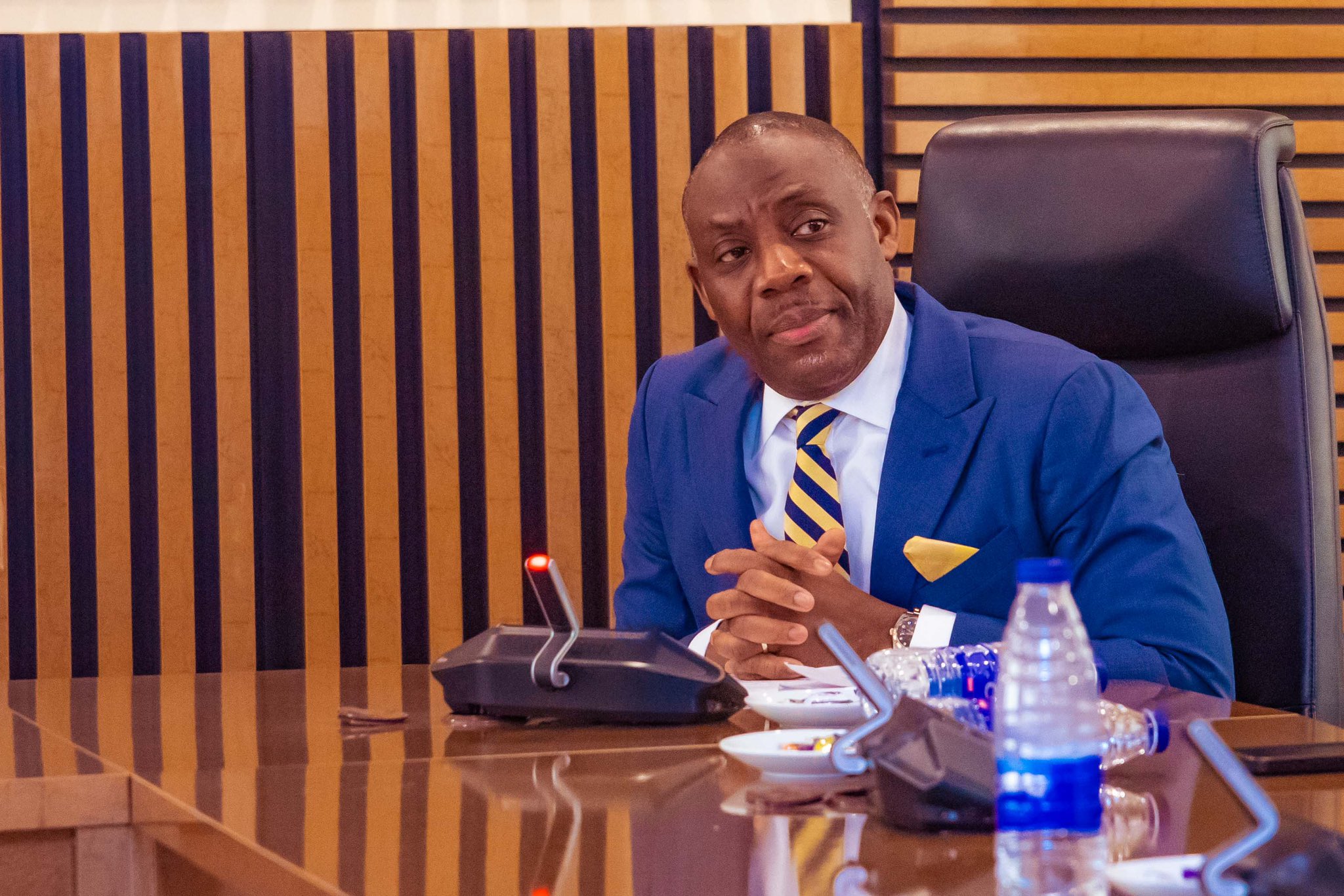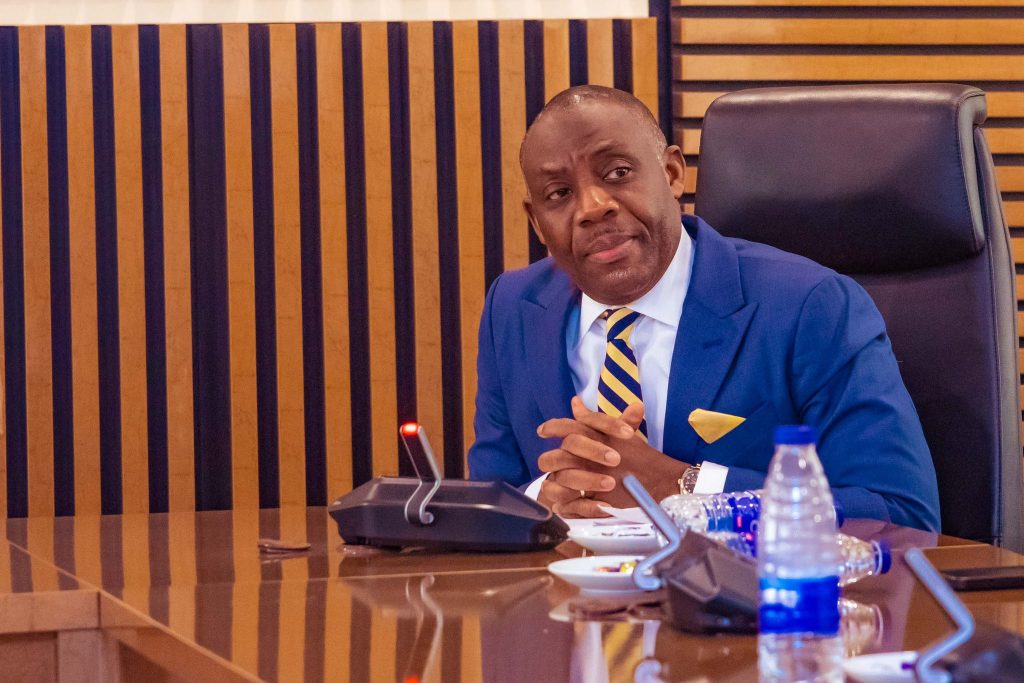FG Increases Scholarship Funding for PhD, Master’s, and Undergraduate Students by 50%


The federal government has approved a 50 per cent increase in scholarship grants, raising the yearly payments to N750,000 for PhD candidates, N600,000 for master’s students, and N450,000 for undergraduates.
This revision is part of a N6 billion scholarship initiative for the 2025–2026 academic year.
The policy was unveiled on Tuesday by the Minister of Education, Dr Maruf Tunji Alausa, and outlined in a statement shared on the ministry’s official X handle on Wednesday.
The ministry referred to the initiative as the most wide-ranging overhaul of Nigeria’s scholarship scheme in over ten years. The reform is projected to benefit more than 15,000 students nationwide.
As stated in the release, the revised programme focuses on merit and equity. It also aligns financial support for scholarships with the country’s development needs by prioritising Science, Technology, Engineering, Mathematics, Medical Sciences (STEMM) and vocational education.
“To tackle the rising costs of education and to ensure that no deserving student is left behind, scholarship amounts have been increased by 50% across the board. PhD students will now receive ₦750,000 annually (up from ₦500,000), master’s students ₦600,000 (from ₦400,000), and undergraduate, HND, and NCE students ₦450,000 (up from ₦300,000). These enhanced awards apply to all major programmes, including the Nigerian Scholarship Award,” the statement said in part.
Alongside the increased grants, the reform introduces two new scholarship categories. One is aimed at students in public polytechnics who are studying STEM and vocational subjects, while the other targets students enrolled in public universities studying medicine, dentistry, nursing, pharmacy, and physiotherapy. Each category has received an allocation of N1 billion.
The Bilateral Education Agreement (“BEA”) scholarship scheme has also been revised, with funds that were previously set aside for new international awards now redirected towards these local programmes.
According to the newly introduced distribution method, 50 per cent of scholarships will be given to undergraduates, 25 per cent to Master’s students, and 25 per cent to PhD scholars. Of these awards, 70 per cent will go to disciplines under “STEMM”, and 30 per cent will support the Social Sciences. Additionally, 5 per cent of the total scholarships will be set aside for students with disabilities.
The 2025–2026 scholarship scheme will be implemented by the Federal Scholarship Board, working in conjunction with an inter-ministerial committee. This body includes representatives from the National Assembly, the Federal Character Commission, and the Ministry of Women Affairs to guarantee fairness and oversight.
Dr Alausa explained that the reforms are aligned with President Bola Tinubu’s “Renewed Hope Agenda”, which places education at the heart of Nigeria’s strategy to grow into a “$1 trillion economy”.









